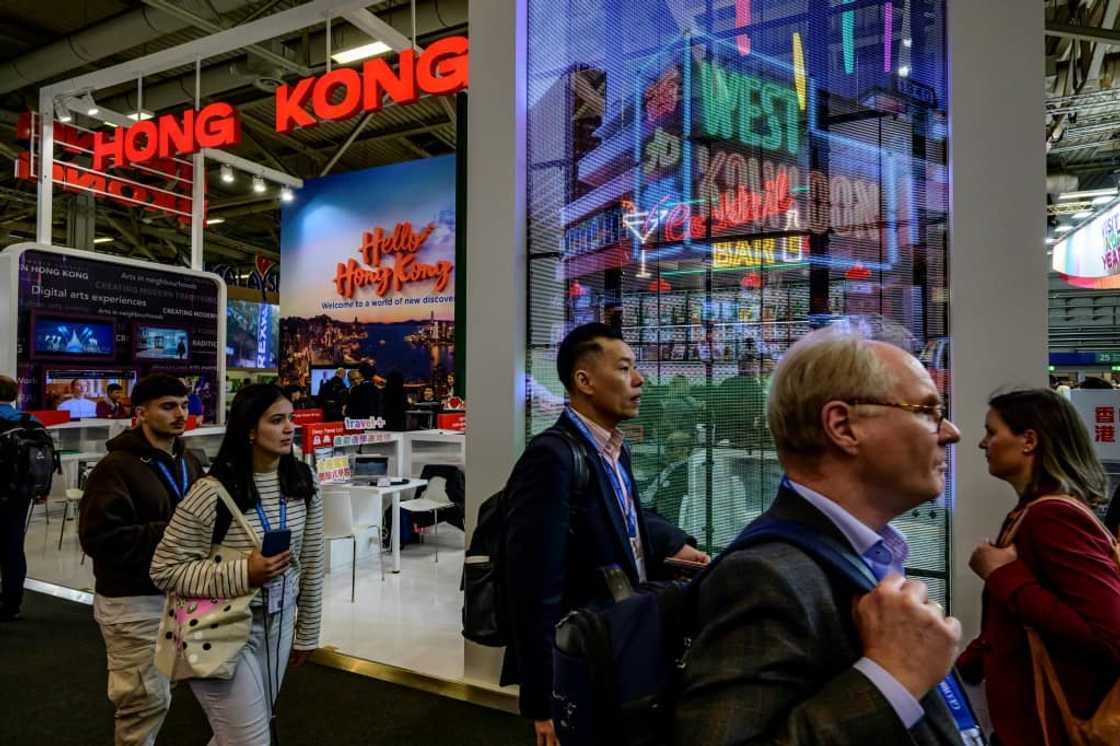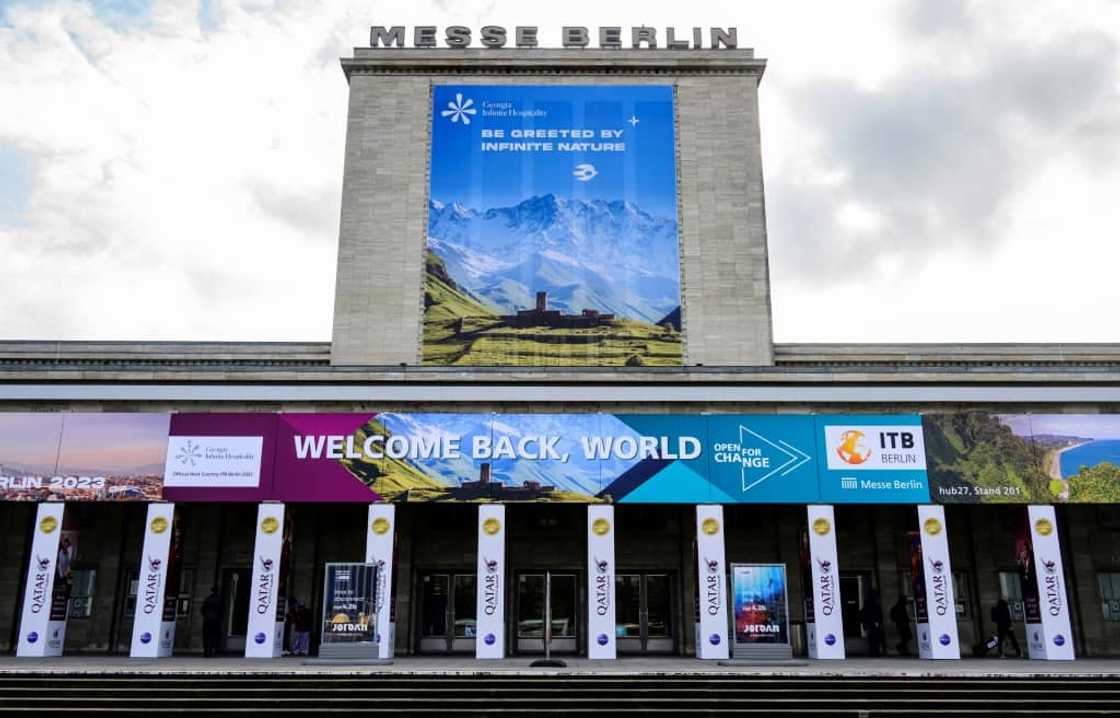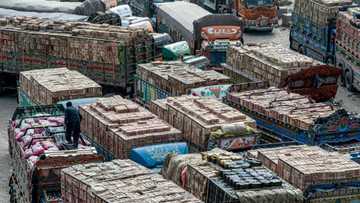Tourism announces its return at Berlin fair, defying inflation

Source: AFP
PAY ATTENTION: Never miss breaking news – join Briefly News' Telegram channel!
The Berlin tourism industry fair this week celebrated its comeback from the dark days of the coronavirus pandemic with strong demand that has so far defied high inflation figures.
The industry gathering returned after a three-year hiatus enforced by the pandemic crisis, with 5,500 exhibitors from 161 countries descending on the German capital.
"Travel is back!" Julia Simpson, the head of the World Travel and Tourism Council said during the fair.
In 2022, the World Tourism Organisation (UNWTO) registered an increase in international arrivals of almost 900 million compared with the previous year.
In total, arrivals stood at 67 percent of their pre-pandemic level, with the figure reaching as high as 80 percent in Europe.
"We are already at a similar level to 2019" in some countries, said UNWTO Europe director Alessandra Priante.
PAY ATTENTION: Follow us on Instagram - get the most important news directly in your favourite app!
Savings power
"The savings made by a whole section of the population during the pandemic lockdowns have yet to be fully spent and are flowing into the sector," said Clemens Fuest, head of the economic think tank Ifo Institute.
China's abandonment at the end of last year of its zero-Covid policy, which strictly regulated travel in and out of the country, has been another boon.
Before the pandemic, Chinese travellers represented 15 percent of all tourists.
The atmosphere at the fair was celebratory with delegates from central Asia and Pacific islands parading through the aisles in traditional garb to promote their region.
"Our clients have all come back," Lukas Knauber, 23, a German spa hotel worker, told AFP.

Source: AFP
The upturn in fortunes has continued despite painfully high inflation in many parts of the world. Consumer prices in the eurozone rose at an 8.5-percent pace in February and look set to remain elevated.
But the positive trend may not carry forward very far.
"In 2023, many consumers were able to say I'm going even if I have lost spending power. But in 2024 that will likely not be the case," said Fuest.
Consumer behaviour is already changing as a result of inflation. In Germany, more and more holidaymakers are "booking early in the year to benefit from discounts", the German tourism industry group DRV said in early March.
One in two clients at travel giant Tui is choosing the all-inclusive option, in order to have a better grip on their expenditure, according to Stefan Baumert, the group's lead for Germany.
In the cruise industry, "55 percent of customers say they want to spend less money, or travel less far", according to Markus Stumpe, CEO of the website Cruisewatch.
Climate concern
"The sector will have to adapt its offers and prices to this new context," Fuest said.
At the fair in Berlin, the startup Room Price Genius is demonstrating software which allows small hotels to estimate the ideal price for a room.
Not just consumers, but the sector itself is reeling from rising costs, especially for energy.
To limit the sector's impact on the environment, people will also have to "pay more", according to Soeren Hartmann, head of the German federal tourism organisation BTW.
Rising global temperatures are having a major impact on much-loved holiday destinations as winter snows fail to materialise and summer heat waves become more frequent.
According to a study published in the scientific journal Nature, tourism represented eight percent of global emissions in 2018.
"The climate transition is the biggest challenge facing tourism," Katharina Schlossar, 22, a hotel worker in Bavaria told AFP.
PAY ATTENTION: Сheck out news that is picked exactly for YOU ➡️ click on “Recommended for you” and enjoy!
Source: AFP




